According to data from the German Steel Federation (Wirtschaftsvereinigung Stahl), total crude steel production in October 2025 amounted to 3.126 million tons, marking a 3% decline compared to the same month last year. Production for the January–October period reached 28.505 million tons, down 9.9% y-o-y. This indicates that Germany’s crude steel production is on track to end 2025 at recession levels.
By production route, output from basic oxygen furnaces (BOF) totaled 2.173 million tons in October, a 4.5% decrease compared to last year. BOF production for January–October fell to 19.533 million tons, down 12.4%. Output from electric arc furnaces (EAF) reached 953,000 tons during the month, a 0.6% y-o-y increase; however, January–October EAF production declined 4.1% to 8.972 million tons.
Pig iron production totaled 1.954 million tons in October, falling 3.7% y-o-y; for January–October, pig iron output dropped 11.6% to 18.025 million tons. Hot-rolled steel production came in at 2.466 million tons in October, down 10.7% y-o-y, while January–October volumes fell 7.1% to 25.007 million tons.
The blast furnace–basic oxygen furnace (BF–BOF) route was hit particularly hard, and medium-sized electric steelmakers relying on scrap and electricity also faced significant production losses. This trend continues the steady decline in output observed since 2019.
Rippel: “Production Reflects the Depth of the Crisis”
German Steel Federation CEO Kerstin Maria Rippel evaluated the October production results, highlighting the severity of the crisis facing the steel sector: “The extremely weak steel production expected for 2025 reflects the depth of the crisis we are facing as an economy overall, and particularly within the steel sector. For our mainly medium-sized electric steelmakers, high electricity costs, massive import pressure, and extremely weak demand have already become an existential threat.”
Ahead of the 2nd SME Steel Summit on 21 November in Berlin, Rippel called for concrete action within the constructive steel dialogue held at the Federal Chancellery:
“Electric steel plants, which already produce with relatively low CO₂ emissions, depend on competitive electricity prices. The goal must be an all-inclusive industrial electricity price between EUR 30 and EUR 60/MWh, including grid fees, taxes, and surcharges.”
Rippel also welcomed the government’s steps on electricity price compensation but stressed the need for acceleration: “Electricity price compensation must be further developed quickly. The state aid framework must be reassessed in the medium term; only then can we truly achieve competitive electricity prices for energy-intensive industries on the path to climate neutrality.”


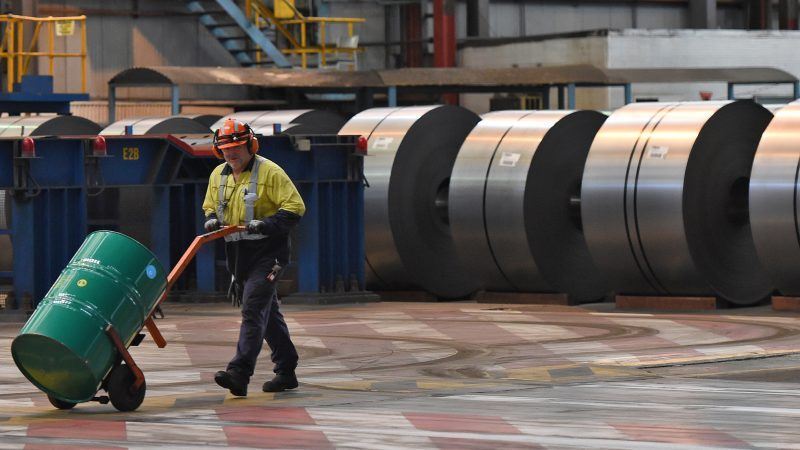
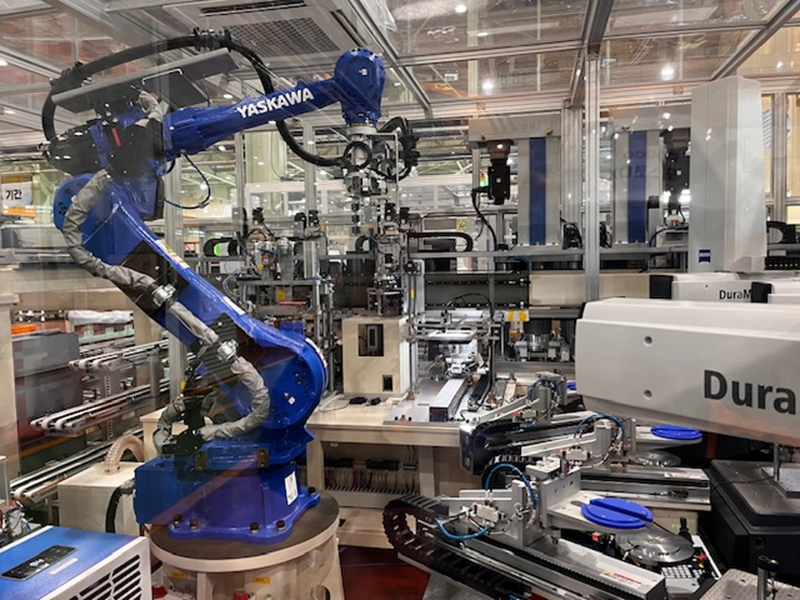
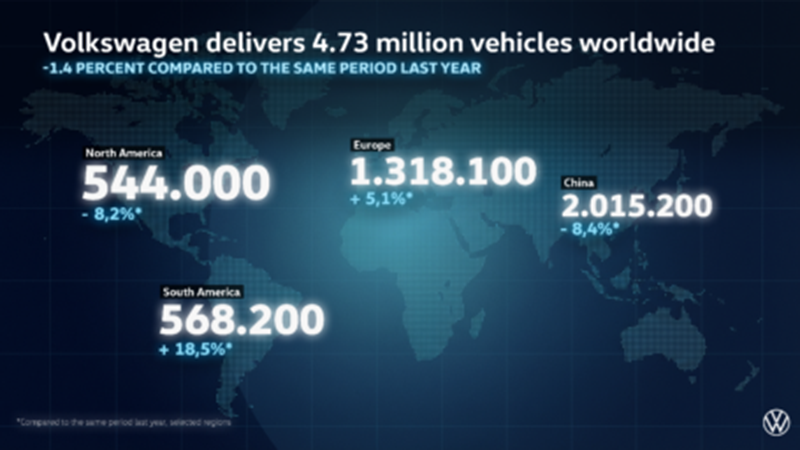
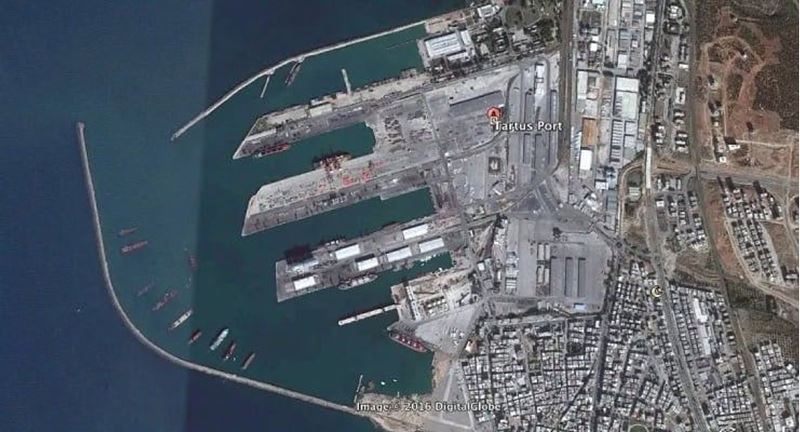
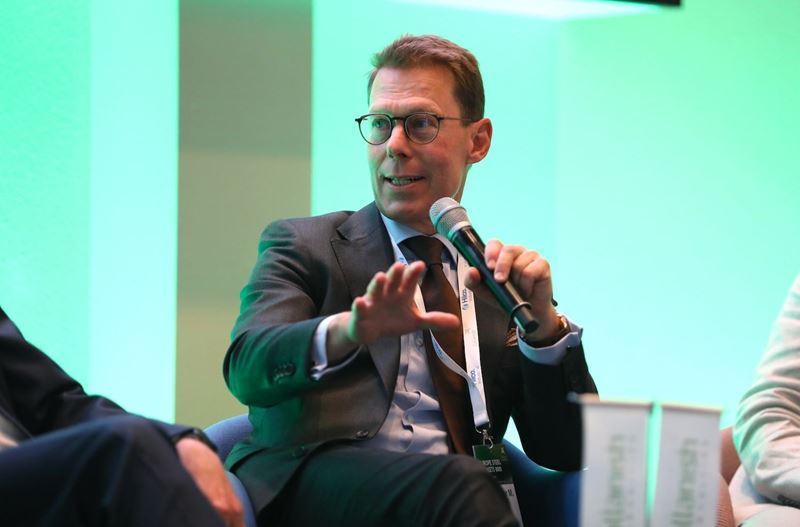
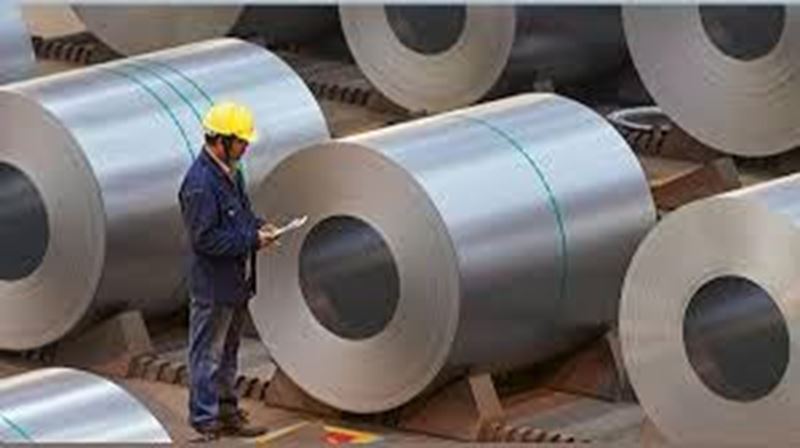


Comments
No comment yet.